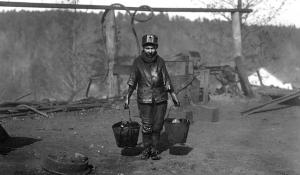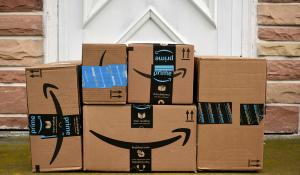
In the U.S., about 80% of consumed sugar is produced domestically. However, what is imported often comes from impoverished sugarcane farmers in the global south. Fair Trade Certified™ sugar protects sugarcane farmers against the volatile world marketplace, hazardous working conditions, and environmental degredation.
Fair Trade Sugar Cooperative
 ACOZC
ACOZC
Paraguay
photo and profile provided by TransFair USA
La Asociación de Cañicultores Organicos de la Zona Central (ACOZC ) is a 60 member co-operative formed in 2002 by sugarcane farmers of Guarambare, Paraguay. The farmers cultivate about 10,000 tons of sugar cane per year on their 8-10 hectare plots, and a local sugar processor transforms the cane into about 600 tons of raw sugar. The small-scale, family farmers favor traditional techniques, cultivating 100% organic sugar.
Since their Certification in 2004, Fair Trade has provided for:
- Productive Investment: The co-op provides free technical assistance and organic certification services to its members. Television programs tailored to quality improvements are broadcast throughout the community on Visión Rural por Telefuturo.
- Credit Program: ACOZC provides low-interest loans to members.
- Health: ACOZC created a social security medical program, which provides healthcare to members at a reduced cost.
More about sugar:
- Large amounts of herbicides and pesticides are commonly sprayed on to sugar cane crops. Burning and processing of sugar crops can also cause serious pollution of the ground, waterways, and the air.
- On Fair Trade farms, producers must adhere to strict standards regarding the use and handling of pesticides, the protection of natural waters, virgin forest, and other ecosystems of high ecological value, and the management of erosion and waste, according to TransFair USA.
- Following the success of Fair Trade Certified™ sugar in Europe, the sugar became available in the U.S. in March of 2005






